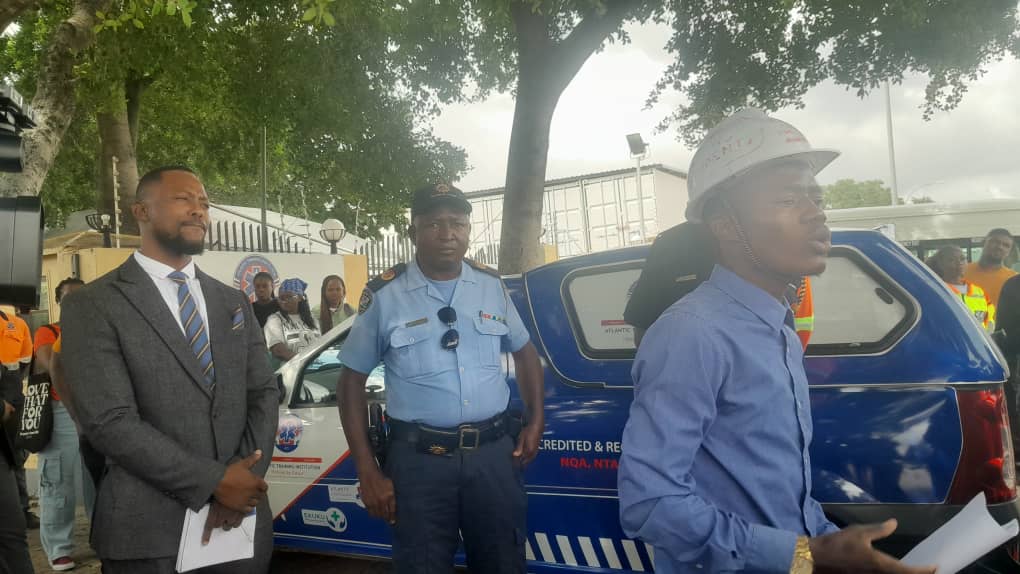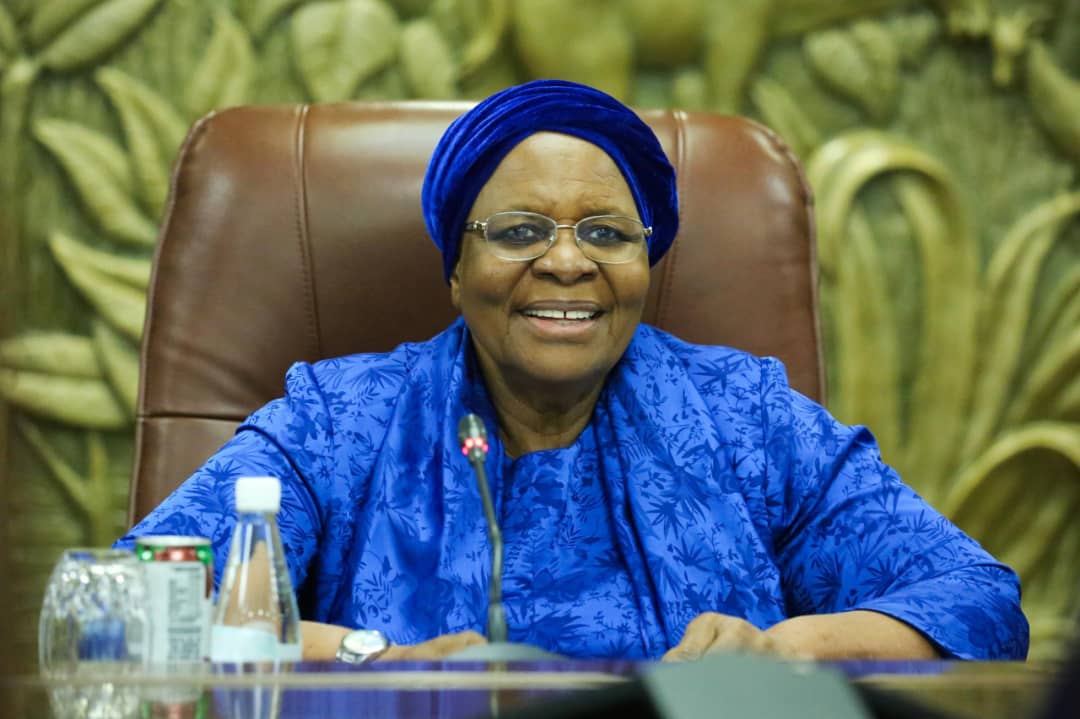THE ministries of education and information have told parliament that more funding and electricity is needed to fulfil their dream of free Wi-Fi, as more than 700 schools have no internet connection.
The parliamentary standing committee on information and communication technology (ICT) yesterday had a hearing on the motion of free Wi-Fi service at all public places.
The committee heard presentations from captains of industry and the ministries of information and education.
The director of the National Institute for Educational Development in the Ministry of Education, Arts and Culture, Patrick Simalumba, yesterday told parliamentarians that 592 (31%) schools are using SchoolLink for administrative purposes.
He added that “77% of schools do not have access to continuous information and communication technologies”.
He added that over 700 schools do not have internet connection and 33% still do not have electricity.
“Electricity needs to be provided to schools without electricity. Existing ICT infrastructure at schools with connectivity needs to be maintained, repaired and upgraded,” Simalumba said.
The director of ICT development in the ministry of information, Linda Aipinge, said the ICT sector has been underfunded over the years.
“Unlike other sectors such as works, energy, and water, the ICT sector is not privileged to funding or budget appropriation for capital expenditure, and receives insufficient funding for policy development and consultancy,” she said.
Aipinge suggested that the budget include funding for ICT infrastructure, forming public-private partnerships and operationalisation of the Universal Service Fund.
She further wants parliament to introduce sector-specific tax incentives to reduce the cost of devices to end-users to narrow the digital divide gap.
“The advent of Covid-19 taught us that access to quality broadband and ICT services is no longer a luxury but a basic need,” she said.
The director added that the demand for data and connectivity to access online services, work, and study went up exponentially.
“ICT became the backbone and machinery that enabled all other sectors of the economy to thrive,” she said.
Telecom Namibia believes that the government needs to get electricity supply, access to towers and access to affordable devices.
All those who presented agreed that this is what the country needs for better access to education and basic services. However, the lack of electricity and infrastructure were major complications.
The country’s private sector diagnostic, launched in July, indicated that although Namibia was a pioneer in Africa in launching both 3G and 4G/LTE (Long-Term Evolution) networks, it lags behind upper-middle-income countries on the World Bank Digital Adoption Index, which measures information and communication technology use by businesses, governments and citizens.
Despite a mature telecom market, adoption of digital technologies is still lagging, the report states.
National budget documents show that the state has not set aside any funds for any capital projects in response to limited internet access in schools.
This is expected to frustrate the need to “intensify development of digital literacy and skills”, which the two global lenders have indicated to be priority reforms to be carried out.
Stay informed with The Namibian – your source for credible journalism. Get in-depth reporting and opinions for
only N$85 a month. Invest in journalism, invest in democracy –
Subscribe Now!










